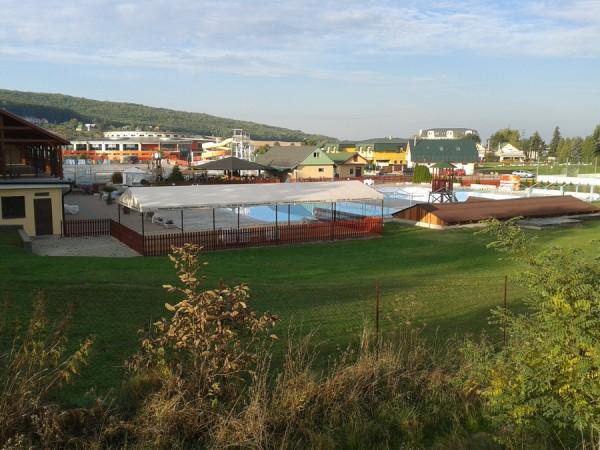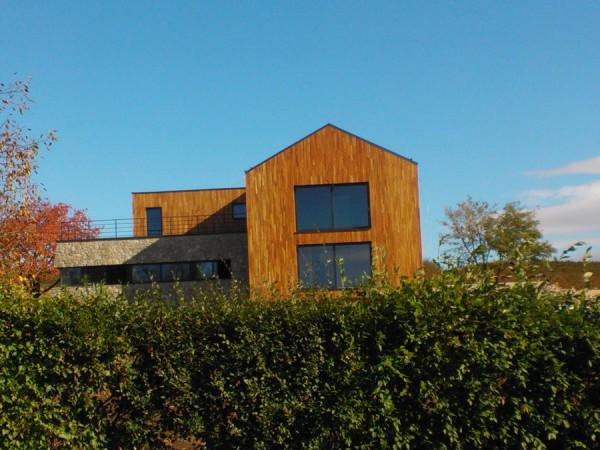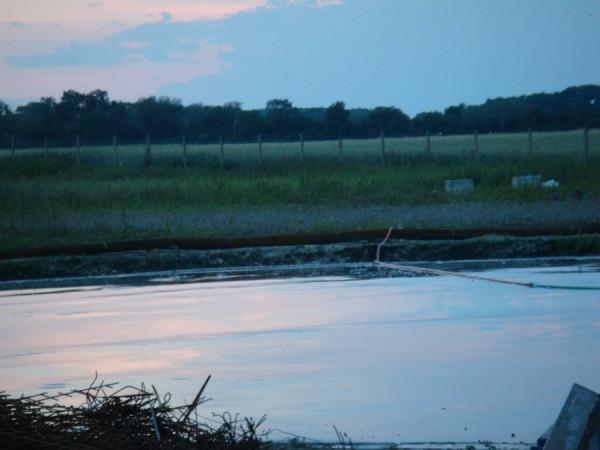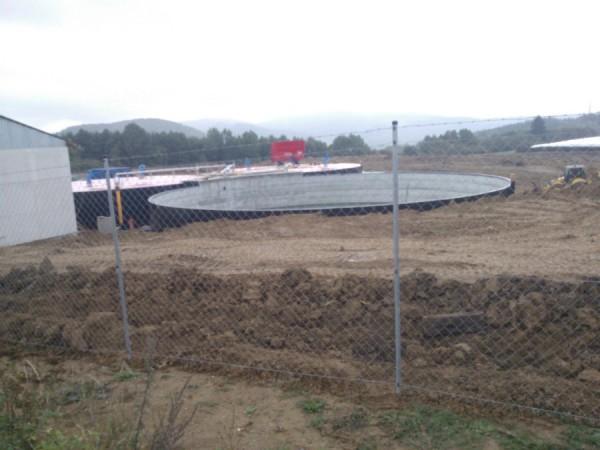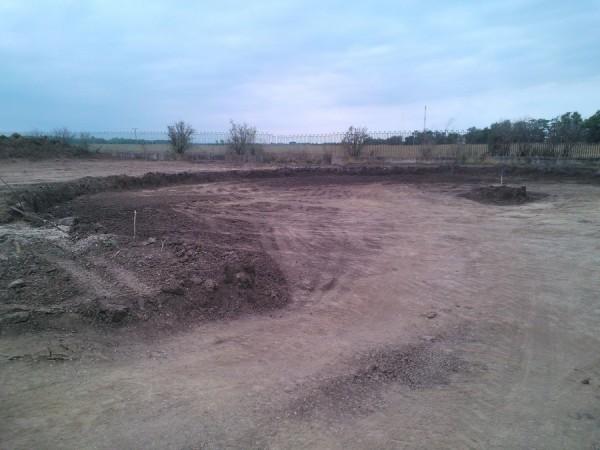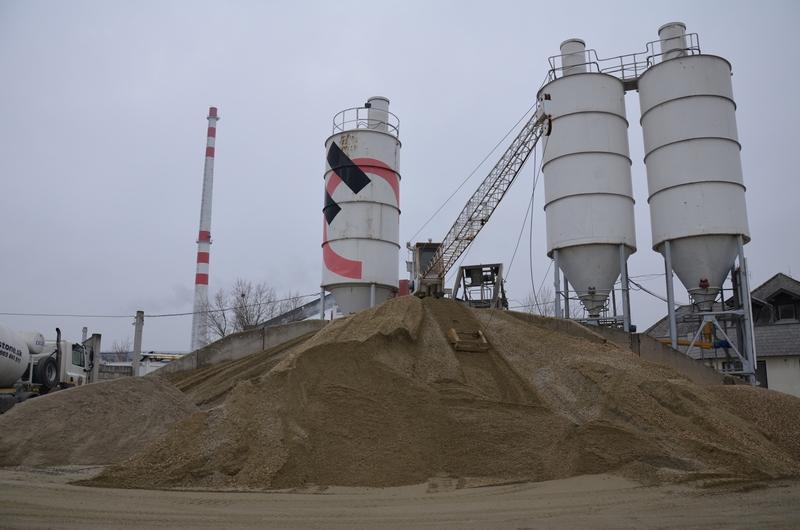
Štrk, piesok a kamenivo
Predávame štrk, piesok a kamenivo. Štrky a kamenivo máme vo frakciách od 0/4 do 32/63. Piesok je kopaný v Marcelovej.
Viac
Zemné a výkopové práce
Zemné a výkopové práce. Mechanizmy rôznych značiek.

Požičovňa náradia a mechanizácie
Široká ponuka k dispozícii od 4 hodín po mesiace.

Stavebná činnosť
Všetky druhy stavebných činností. Postavíme dom, výrobnú halu aj aquapark.
Staviate dom, priemyselnú stavbu alebo potrebujete naše služby na niečo iné?
Spojte sa s nami, máme skúsenosti, technické a personálne zabezpečenie pre úspech vášho projektu.
Betonárka, ktorá dokáže viac
Spoločnosť Limestone SK, s.r.o. má od svojho vzniku jediný cieľ - ponúknuť vám tie najkvalitnejšie riešenia pri vašich stavbách. Naše referencie potvrdzujú, že sa nám to darí. Pridajte sa ku stovkám našich zákazníkov a budete nabetón spokojný(á) :)











